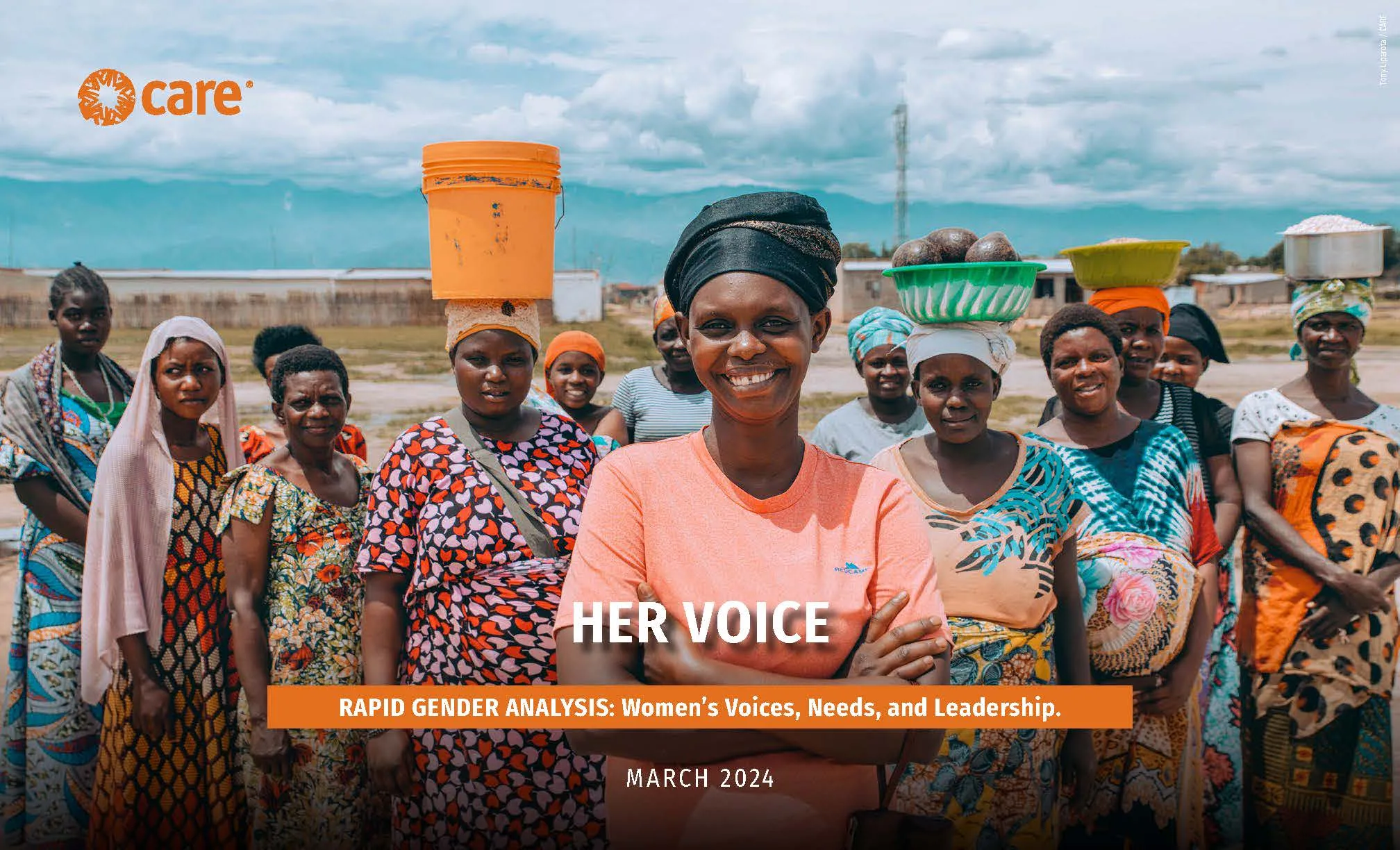About this report
Increases in global conflict, the economic impact of COVID-19, market inflation, and the growing effects of climate change are compounding global crises. Those crises disproportionately affect the most vulnerable communities, especially women and girls. Addressing the unprecedented and overwhelming humanitarian crisis requires response and recovery efforts to listen to and address the needs of those affected the most, especially women and girls.
Download the 1-page graphic summary
What are women telling us?
- Crises are compounding: Women are reporting climate change, food insecurity, and conflict as the top three crises that drive impact on livelihood, food security, and safety.
- Impact on livelihood and food security continue to be the top two reported impacts: 78% of women and 67% of men reported an impact on their livelihood. 74% of women and 72% of men reported an impact on food security. Women are more likely to eat less and sell their assets than men. Soaring food prices and inflation on essential commodities are significant factors that also affect access and availability of food.
- Safety has overtaken mental health as one of the biggest impact areas: 47% of women and 62% of men reported an impact on their safety. In 2020 and 2021, mental health was the third prioritized impact area; in 2023, however, more women and men prioritized safety.
In the face of unimaginable and compounded crises and impacts, women still show leadership and take action to support their households and communities – 59% of women and 62% of men are trying to restore their livelihood. Women are also supporting to lead community response and are leading at the grassroots level, however, the space for their participation and leadership is shrinking.
The best way to understand what is happening to crises affected population is to listen to their voices and experiences and understand the support they need. This year, we asked women what we should recommend, and their top four asks are: livelihood recovery; addressing food insecurity; strengthening health services and addressing safety concerns.
This report represents 9,517 respondents (7,208 women) from twelve countries and provides quantitative and qualitative insights from countries that CARE conducted assessments in 2023.

